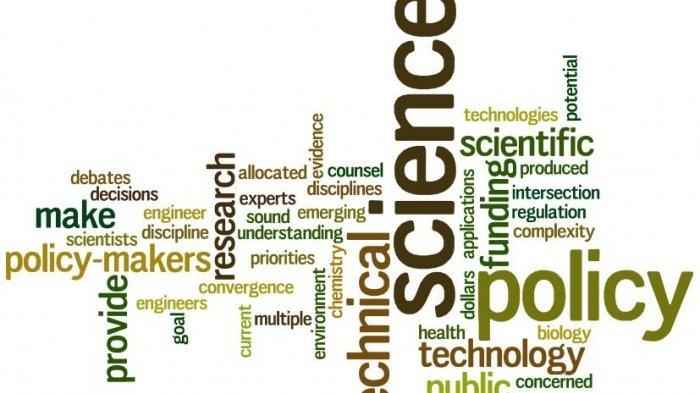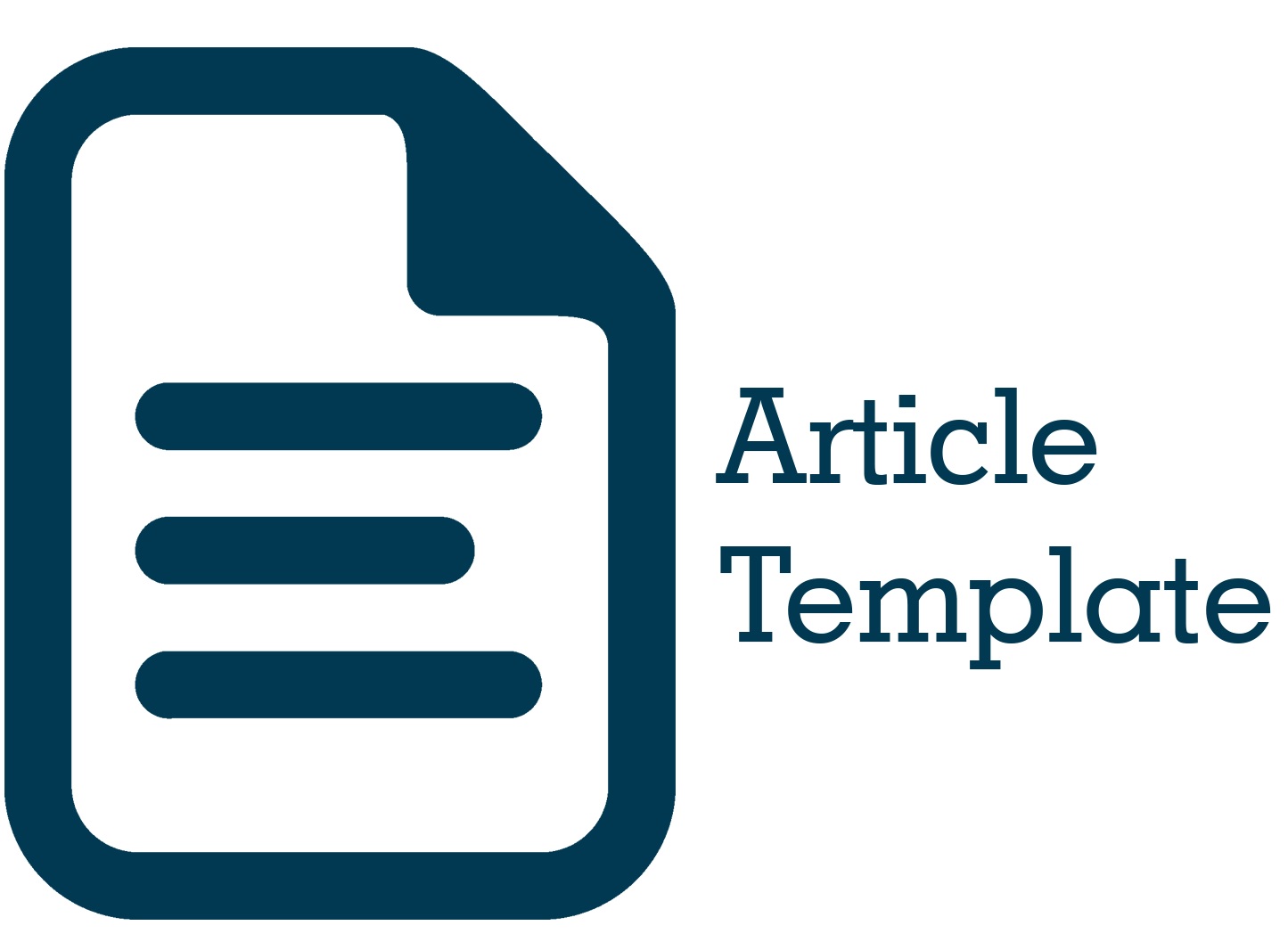Pemberdayaan Ekonomi Masyarakat Berbasis Perkebunan Kelapa
DOI:
https://doi.org/10.51135/PublicPolicy.v4.i1.p157-175Keywords:
Public Empowerment, Coconut FarmersAbstract
This study aims to determine the efforts to empower coconut farmers in increasing people's in the Gale-Gale Administrative Country and the obstacles faced in terms of empowering coconut farmers. The research method uses descriptivemethods using qualitative data types. Data collection techniques were carried out by means of observation, interviews and documentation. The data analysis method was carried out starting from data collection, data reduction, data presentation and drawing conclusions. The results of the study indicate that the empowerment efforts carried out by the government or related agencies have not been maximized and the income obtained by farmers from coconut processing is still low. There are several things that become obstacles in empowering coconut farmers, one of which is the lack of awareness of coconut farmers to innovate on processed coconut products so that they can develop not only stop at copra and charcoal containers. This is due to the limited competence possessed by farmers ranging from education, skills, and insight so that development is slow and income is still low.
Downloads

Downloads
Published
How to Cite
Issue
Section
License
Authors whose manuscripts are published in the Journal of Public Policy must agree to the following terms;
- Publication rights for all manuscript materials published are held by the editorial board with the author's consent.
- The legal formalities for digital access to the Journal of Public Policy are subject to the Creative Commons Attribution Sharealike (CC BY SA) license, which means the Journal of Public Policy has the right to store, redistribute, reformat, manage in a database, maintain, and publish the manuscript without seeking permission from the author as long as the author's name is included as the copyright owner.
- Published manuscripts are open access for the purpose of disseminating research results. Besides this purpose, the editorial board is not responsible for copyright law violations.


.png)



